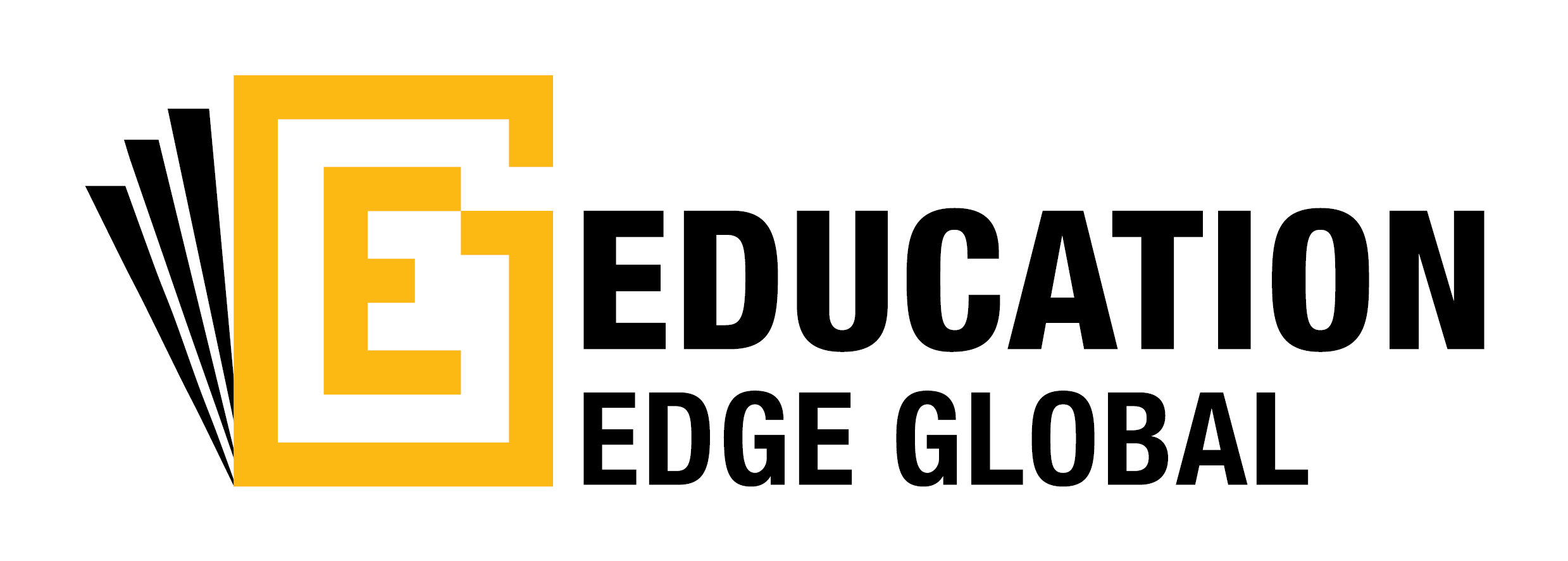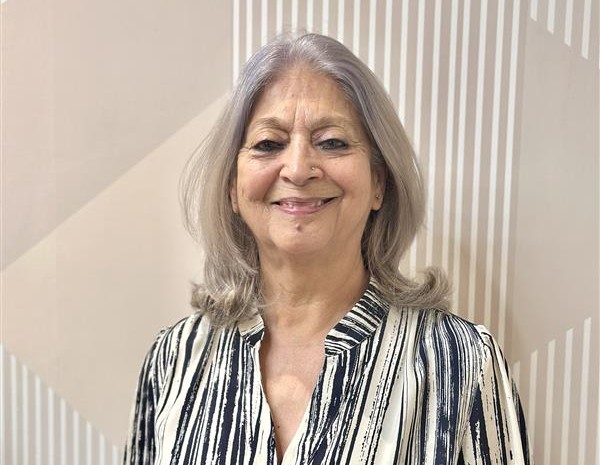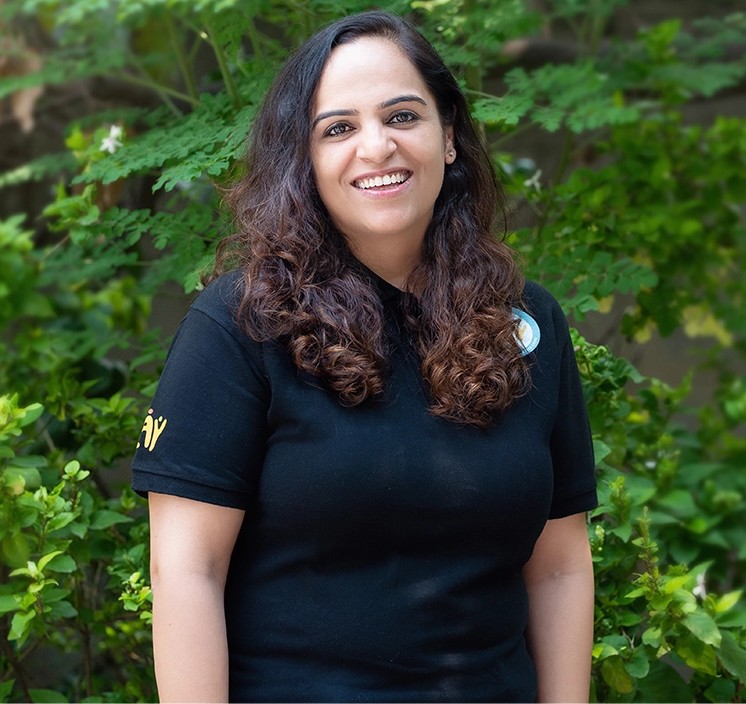As the Resident Director of Zamit, Alka Verma is championing a new wave of “SkillTech” education—where technology meets future-ready competencies like critical thinking, adaptability, and digital fluency. In this conversation with Education Edge Global, Verma explains how Zamit’s innovative frameworks such as the Common International Framework of Reference for Future Readiness (CIFR), its iSKiL programme, and the unique Zamit Quotient (ZQ) are helping schools, students, and parents move beyond grades to prepare for an unpredictable, tech-driven future.
Zamit positions itself as a “SkillTech” pioneer. How do you define that term, and what inspired the company’s focus on future-readiness?
At Zamit, we define ‘SkillTech’ as the integration of technology with skill-building to prepare learners for the future. Unlike EdTech, which focuses mainly on academics, SkillTech emphasizes competencies such as critical thinking, communication, adaptability, and digital fluency. Our inspiration comes from the growing need for students, parents, and educators to move beyond grades and focus on future-readiness—equipping the next generation with skills to thrive in an unpredictable world.”
Zamit aligns its models with the Common International Framework of Reference for Future Readiness. Could you explain CIFR in simple terms for our readers?
The Common International Framework of Reference for Future Readiness (CIFR) is like a roadmap that defines what skills and competencies young people need to succeed in the future. Just as the CEFR guides language learning globally, the CIFR provides levels and benchmarks for future-readiness—covering skills such as problem-solving, creativity, communication, and adaptability. It assists students, parents, and teachers understand where a learner stands today and what steps they can take to be better prepared for tomorrow.
The iSKiL programme integrates over 70 future-ready skills with academics. Can you share examples of these skills and how they complement the curriculum?
The iSKiL programme builds skills like critical thinking, communication, collaboration, creativity, digital literacy, and problem-solving alongside academics. For example, while studying science, students might work on research and presentation skills; in math, they strengthen logical reasoning and data analysis. This integration ensures that subject knowledge is supported by practical skills that make learning more relevant and future-ready.
Zamit introduced the Zamit Quotient (ZQ) as an alternative to IQ, EQ, and SQ. How is ZQ assessed and what does it reveal about a student’s readiness for the future?
ZQ is not an alternative but encompasses all of these and goes beyond. ZQ is assessed through a structured diagnostic that maps a student’s strengths across academic, digital, social, and life skills. ZQ gives a holistic picture of how prepared a learner is for future challenges and highlights areas to improve for well-rounded readiness.
Advanced technologies like AI, AR/VR, and data analytics feature prominently in your offerings. Could you describe a few practical ways these tools enhance learning and teaching?
AI personalizes learning by adapting content to each student’s pace and style. AR/VR brings concepts to life—imagine exploring the solar system or historical sites virtually. Data analytics helps teachers track progress, identify gaps, and tailor interventions, making learning more engaging, effective, and future-ready. AI tailors lessons to each student’s pace, AR/VR turns learning into immersive experiences, and data analytics helps teachers spot gaps and improve results. Together, these tools make learning smarter, more engaging, and ready for the future.
How do you ensure data privacy and ethical use of AI while implementing these technologies in schools?
We follow strict data privacy protocols, anonymize student information, and use AI responsibly to support learning—not replace human guidance. Transparency, consent, and regular audits ensure ethical and safe use of technology in schools. We keep student data safe, use AI only to support learning, and make sure everything is transparent and ethical. Parents and schools can trust that technology is helping students, not replacing teachers.
What trends do you foresee shaping the future of K-12 education over the next decade, and how is Zamit preparing for them?
The next decade will see K-12 education become more personalized, skill-focused, and tech-enabled. Zamit is preparing by blending academics with future-ready skills, leveraging AI and immersive tools, and equipping students to adapt, think critically, and thrive in a rapidly changing world. Zamit is also offering similar assessments for Job Seekers, benchmarked to CIFR.




Great stuff Alka! I am back in the NCR